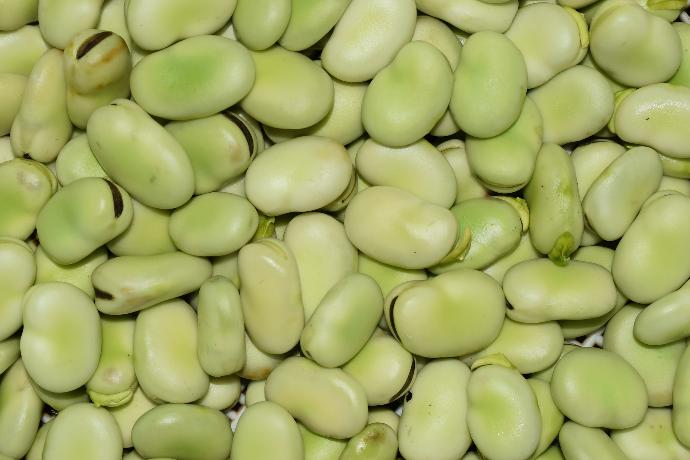Animal-based foods are consumed all over the world. It is an important economic factor in many countries and a source of various nutrients. Meat also has a special significance for various demographic groups and cultures..
However, many studies show that the consumption of red and processed meat promotes various ailments, including obesity and an increased risk of non-communicable diseases. Animal husbandry systems are also associated with increasing resistance to antimicrobials.
In addition, livestock farming and animal feed production contribute 14.5-20% of global man-made greenhouse gas emissions, making a significant contribution to climate change, air and water pollution and the loss of soil structure, nutrients and biodiversity. However, meat consumption is forecast to increase by around 50% by 2050.
Promotion of alternatives
To promote meat alternatives in order to reduce the negative impact of the livestock sector, various policy measures can be taken, such as promoting less meat consumption in favor of wholesome plant-based protein sources, cultivating meat cells or consuming fermented products.
The development of animal substitute products has increased significantly in recent years. There is great potential here to reduce the environmental impact.
We also want to make a contribution to the further development of the meat substitute food sector. That is why we have various products with a high protein content in our range:
Source
2023 United Nations Environment Programme
https://www.unep.org/resources/whats-cooking-assessment-potential-impacts-selected-novel-alternatives-conventional (18.12.2023; 14:51).


